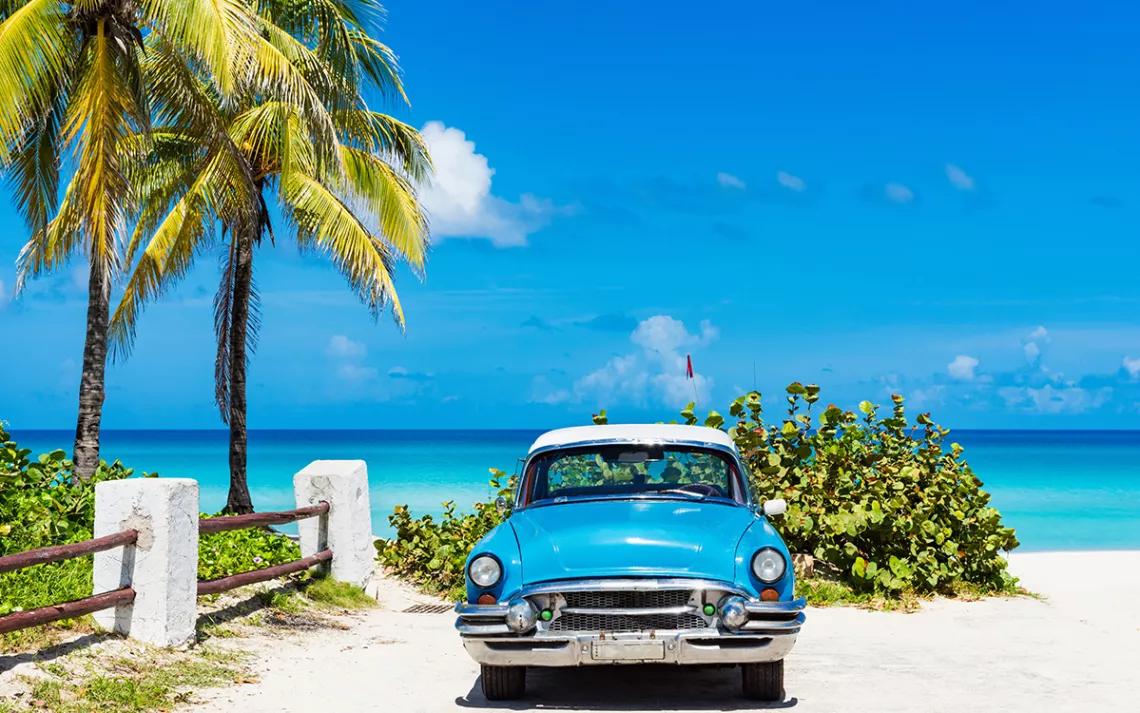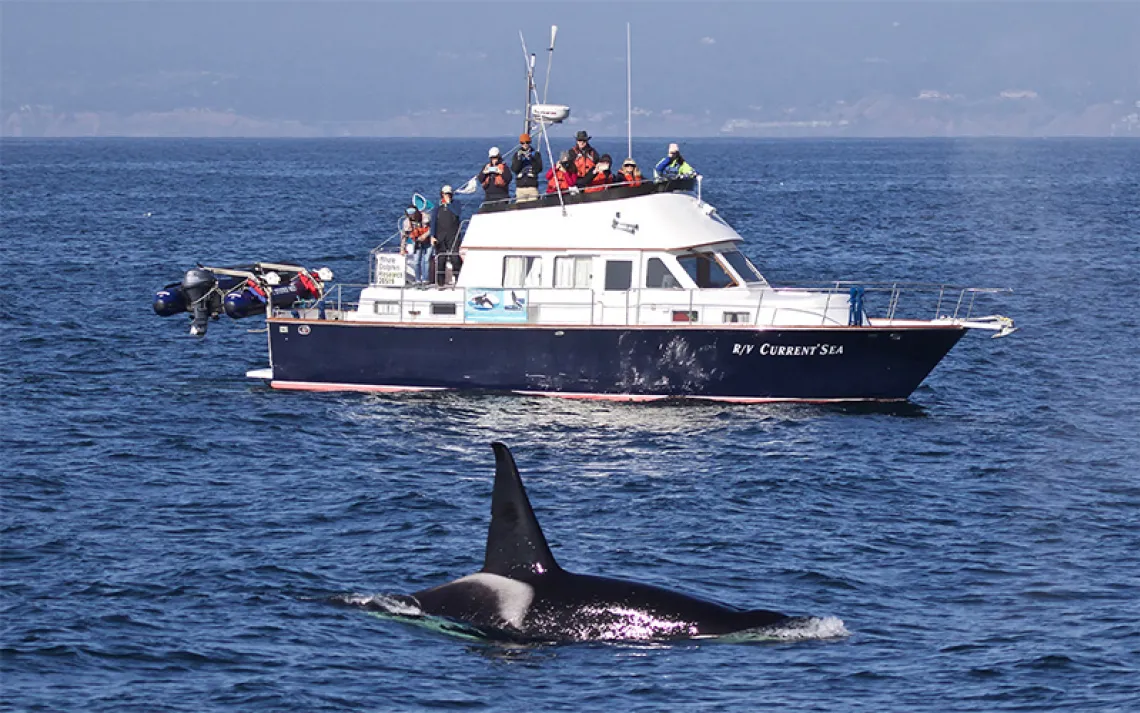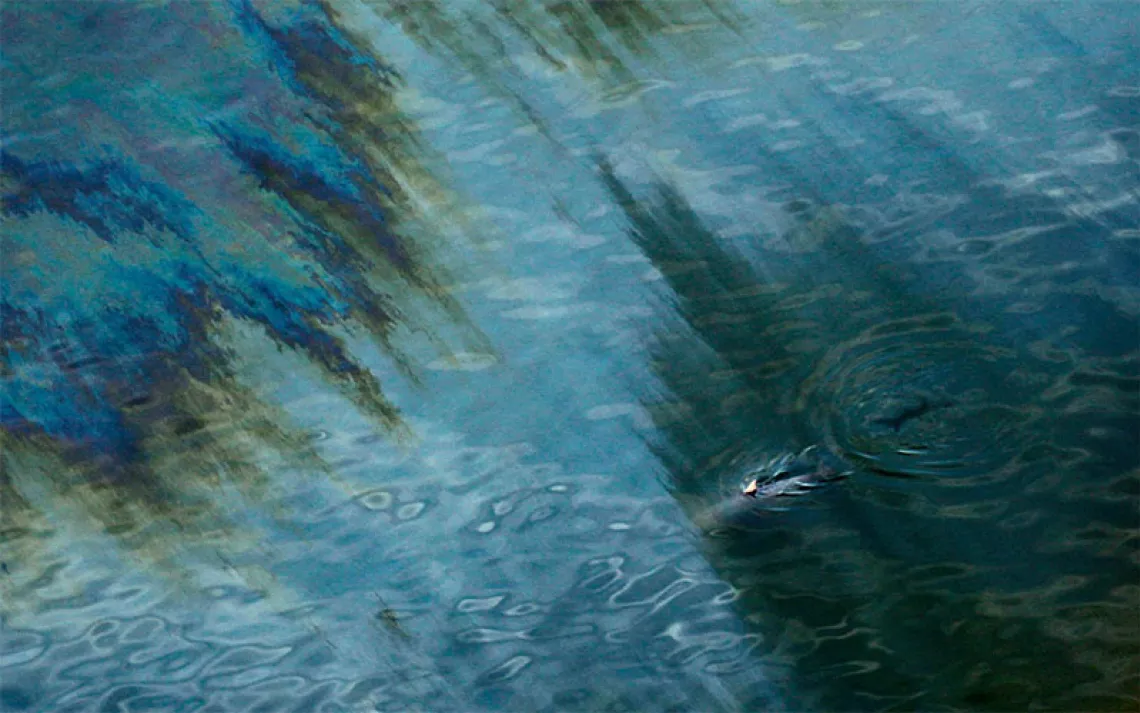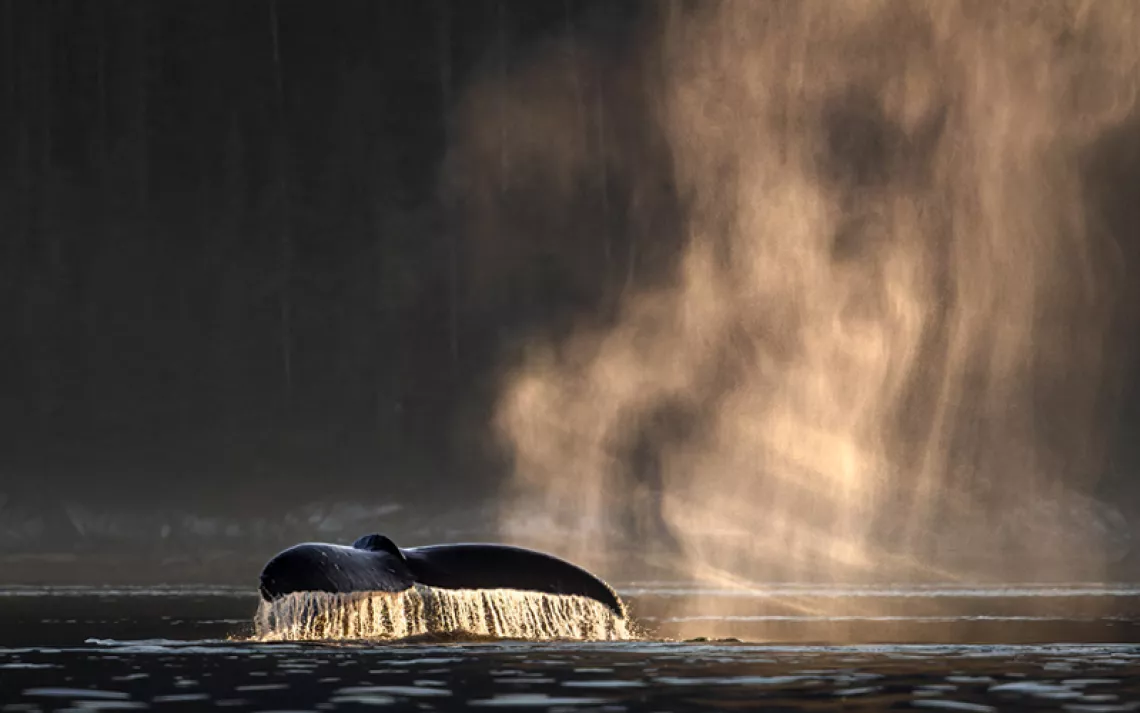How the American Embargo Impacts Environmental Conservation in Cuba
Conservationists say it’s time for change

Photo by MaboHH/iStock
Alexei Ruiz Abierno is a Cuban marine biologist who cannot go to sea.
Abierno is the head researcher for shark ecology and conservation at the Center for Marine Research at the University of Havana. The 42-year-old researcher conducts most of his research in the Cienaga de Zapata National Park—a preferred nursery area for the lemon shark in the northeast of the island. But it has been a year since he last stepped into the ocean.
"The research center doesn't own a boat, so it's complex to carry out investigations in the ocean," Abierno says. This is only one of the many challenges Abierno faces every day in carrying out his conservation work. "It's the result of the embargo,” he says.
Since the United States imposed an embargo against Cuba in 1962, American businesses have been unable to export almost all products to the island nation. It was an American Cold War act against the forming Communist regime. Since then, Cuba has enacted some of the most farsighted environmental measures in the world: The island nation protects 25 percent of its territorial waters, containing critical habitats for fish reproduction, which is no small number when only 4.8 percent of the ocean waters are protected globally.
But most of the conservation exists only in writing. In reality, because of the country's repressive autocratic policies and limitations from the US embargo, which has led to a lack of infrastructure and technology, Cuba has not been able to fully implement its environmental conservation goals.
In 1992, Fidel Castro, former president of Cuba, took the stage at the Rio de Janeiro Earth Summit to denounce capitalism as the cause for the world’s environmental destruction. He embraced the trending concept of environmental protection. “Use science to achieve sustainable development without pollution. Pay the ecological debt. Eradicate hunger and not humanity," Castro said.
Before the Rio summit, Castro's regime, like in many other socialist countries, had pursued economic development through the unsustainable extraction of natural resources, degrading its environment. Cuba relied heavily on large-scale fishing for the national diet and deforestation for industrial sugar production for exports. Yet, Castro's speech led, in 1997, to the approval of Law No. 81, Law on the Environment, which framed the legal framework for environmental protection. In 2019, Cubans approved a new constitution that included amendments guiding the country to conserve the environment and fight climate change.
But the embargo made Castro's pledge hard to achieve. Over the past six decades, the blockade has had serious effects on Cuba's economy. According to a 2018 United Nations report, it cost the island over $130 billion over the years since it was first imposed. Instead of ending communism, trade restrictions negatively affected the Cuban people and the efforts to protect the country's environment.
According to Daniel Whittle, a lawyer and the program director of the Cuba conservation program at the Environmental Defense Fund, the embargo has been a double-edged sword. "I think it's reasonable to say that the embargo, to some extent, has resulted in the lack of development in some important natural areas. And that's a benefit for conservation."
Today, Cuba's environment is better preserved when compared with other Caribbean islands and is less affected by the destruction of invasive species. The island's economic isolation and minimal plant trade seem to have prevented the widespread invasion of plants like the poisonous Madagascar rubbervine, which displaced native species in the US Virgin Islands and Puerto Rico. Cuban reefs like the Jardines de la Reina’s are more pristine than others in the rest of the Gulf, their fisheries relatively more plentiful.
But the isolationism has had consequences. Orlando Rey Santos, an adviser at the Cuban Ministry of Science, Technology, and Environment, said during a webinar at Columbia University that the restrictions imposed by US policies had impeded environmental protection, not helped it. "The country's environmental problems are exacerbated by the political isolation and trade barriers," Santos said.
According to Whittle, the blockade deters foreign investment to the island, which, in turn, translates into a lack of vital infrastructures, like wastewater management. Cuba's water infrastructures are falling apart, imperiling human lives and polluting those areas Cuba pledged to protect.
Cuban scientists have not been able to do much fieldwork in the past few years because they lacked the necessary instruments to pursue conservation monitoring and research. Marine biologists like Abierno cannot access satellite or acoustic tags to monitor their marine areas' ecosystems. Access to the internet is uncertain, and there is a chronic inability to buy programs or data from US vendors, or to buy gasoline to fill their cars—if conservationists own one—to travel across the island, because fuel is missing.
"The United States and Cuba connect with marine life, and we have to work together on science and management because we depend on each other," Whittle told Sierra. The Gulf Stream carries fish spawned in the southeast of Cuba to the United States, and the embargo, directly and indirectly, has affected the work on protecting Cuban biodiversity by limiting or blocking international cooperation.

Make every day an Earth Day
Get articles like this one sent directly to your inbox.
With this action you affirm you want to receive Sierra Club communications and may vote on policy designated by the Sierra Club Board.
David Guggenheim, a marine scientist and director of the nonprofit Ocean Doctor, spent the past two decades getting American and Cuban scientists to collaborate. Guggenheim says that one of his greatest achievements was to bring Cuban scientists to an environmental economics workshop in San Francisco. "It was like a dream come true. We were able to connect them with all these experts on the West Coast of the US. But that's gone. Now we can't get visas for anybody," Guggenheim says.
On January 11, 2021, the Trump administration tightened regulations against the island, inserting Cuba back to the list of state sponsors of terrorism. Now it's almost impossible for Cuban scientists to get a visa to go to the United States, and Whittle and Guggenheim's work is even more challenging than it was before: Organizing professional meetings and conferences in Cuba has become a bureaucratic nightmare.
Still, the American embargo is not the only source of Cuba's problems. The suffocating presence of Cuban surveillance, the paranoia of its repressive autocratic regime, the country's poverty and command economy affect its ability to protect its environment and marine life. The Cuban state, fearful of its citizens escaping by boat to Florida, greatly restricts access to the sea, including for scientists tasked with protecting the environment. Even if marine biologists had boats, they would need government approval to go to sea to preserve the country's immense protected areas. And while an omnipresent network of informants keeps the population at bay, Cuba's fearsome police state doesn't have the resources to monitor its environmental regulations on the 3,500 miles of coastline. Hungry and desperate Cubans who receive, on average, a mere $20 monthly salary do whatever they can to survive.
Cubans hope that the Biden administration will ease the tension between the two countries.
According to Robert Muse, a lawyer with expertise in US laws relating to Cuba, the US president has the constitutional power to terminate the embargo on Cuba unilaterally. "If [Biden] ends the embargo, no judge is going to be able to reinstitute it," Muse says. Such a decision would end the decades-long ping pong between Democratic presidencies that revise regulations in favor of environmental research and cooperation and Republican terms that clear them out.
"Terminate the embargo, and say that the game's over. The authority exists to do it; it's going to take that understanding for environmental work in Cuba to ever rest on a secure footing," Muse says. However, if that were going to happen, Whittle wonders: "Will Cuba have the political will to invest in environmental protection and management and conservation?"
Only time will tell.
 The Magazine of The Sierra Club
The Magazine of The Sierra Club



